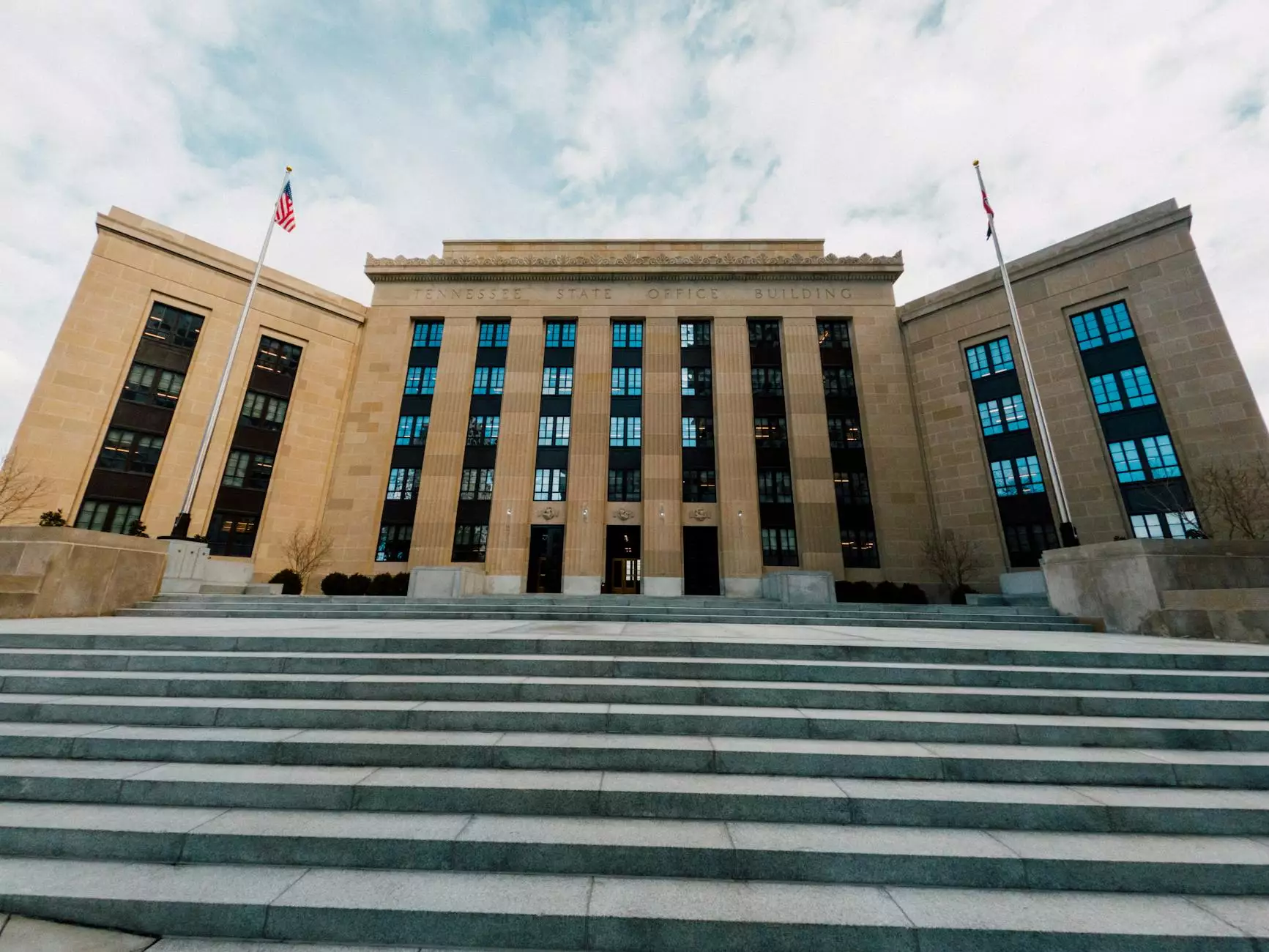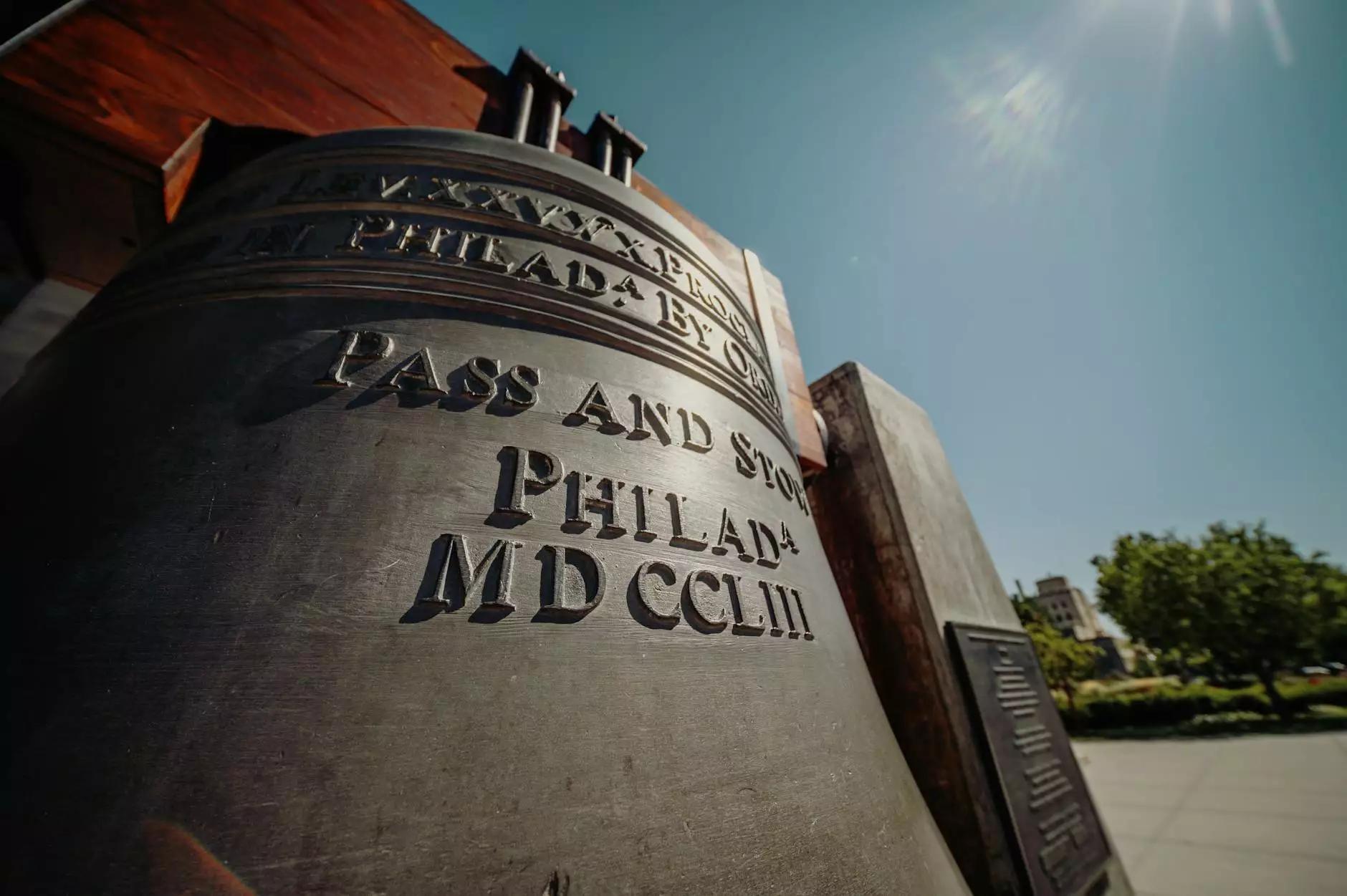Is A Federal District Judge's Amicus Invitation To Junior Attorneys a Good Idea
Legal
Introduction
As the field of law continuously evolves, various opportunities arise for junior attorneys to gain valuable experience and contribute to the legal discourse. One such opportunity is the federal district judge's amicus invitation to junior attorneys. In this article, we will dive into this concept, discussing its benefits, concerns, and the potential implications it may have on legal practice and cases.
Understanding the Amicus Invitation
An amicus invitation is an invitation extended by a federal district judge to junior attorneys to participate in a case on behalf of a non-profit organization or interest group. This invitation allows junior attorneys to provide their legal insights and arguments in support of a particular position or perspective relevant to the case without being directly involved as parties or attorneys of record.
The Benefits of Amicus Invitations
1. Enhancing Legal Skills: Participating in an amicus invitation allows junior attorneys to develop their legal research, writing, and argumentation skills. The opportunity to contribute to a case at the federal district level can be a significant stepping stone in their legal careers.
2. Building Professional Networks: By participating in an amicus invitation, junior attorneys have the chance to connect and collaborate with experienced attorneys, judges, and professionals within their chosen field. These connections can open doors to future opportunities and mentorship.
3. Contributing to Legal Discourse: The amicus invitation provides a platform for junior attorneys to voice their perspectives on important legal issues and contribute to the development of legal doctrine. Their insights can shape legal arguments and influence court decisions.
Concerns and Considerations
While the amicus invitation presents numerous advantages, it is important to consider potential concerns:
- Lack of Experience: Junior attorneys may lack the same level of experience as seasoned attorneys. This disparity could lead to weaker arguments or potential misinterpretations of legal precedents.
- Perception and Bias: Some may question the impartiality of amicus contributors, given their association with non-profit organizations or interest groups. Critics argue that their perspectives might be influenced by external factors, potentially undermining the neutrality of the legal process.
- Workload and Time Constraints: Participating in an amicus invitation can be demanding, requiring thorough research, analysis, and well-crafted arguments. Junior attorneys need to carefully manage their workload and consider the time constraints surrounding the submission of amicus briefs.
Implications on Legal Practice and Cases
Influence on Judicial Decision-Making: Amicus briefs, when well-constructed and persuasive, can shape a judge's understanding of a complex legal issue. They can provide valuable insights, alternative perspectives, and highlight potential consequences of a certain ruling.
Precedent Setting: A well-reasoned and convincing amicus brief can contribute to the establishment of legal precedents. This can impact future cases, shaping legal arguments, and guiding judicial decisions at both the district and appellate levels.
Public Perception and Legal Advocacy: Amicus invitations offer an avenue for non-profit organizations and interest groups to showcase their commitment to specific causes. By engaging junior attorneys, they can effectively advocate for policy changes, challenge existing laws, and promote public awareness of pertinent legal issues.
Conclusion
The federal district judge's amicus invitation to junior attorneys presents a unique opportunity for young legal professionals to contribute to ongoing cases, enhance their skills, and take part in critical legal discourse. While there are concerns surrounding experience and potential bias, the benefits, including skill development, networking, and shaping legal doctrine, outweigh these considerations. The participation of junior attorneys through amicus invitations can influence legal practice and leave a lasting impact on judicial decision-making.




